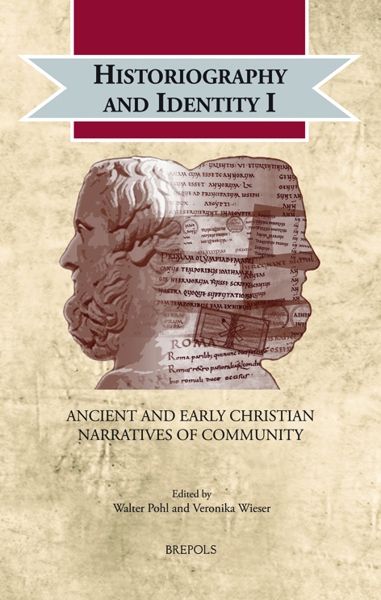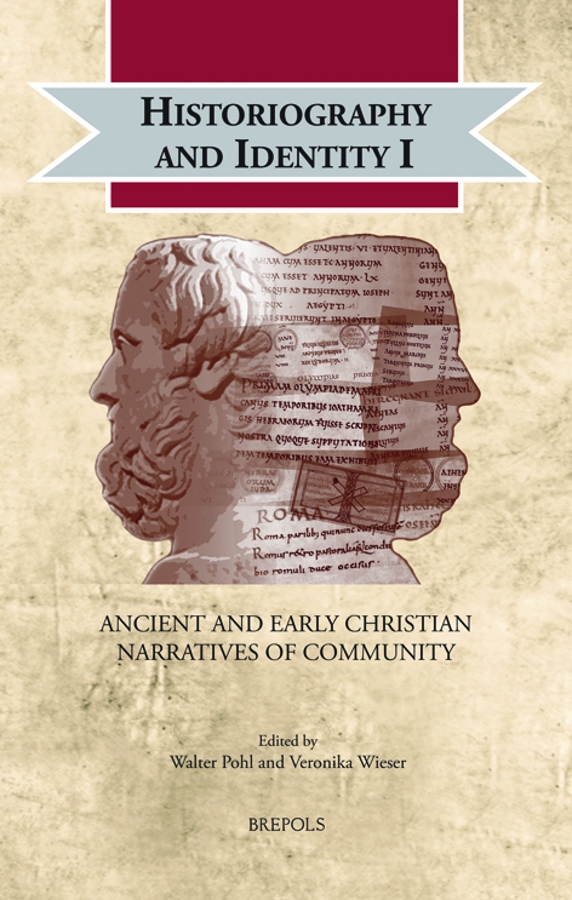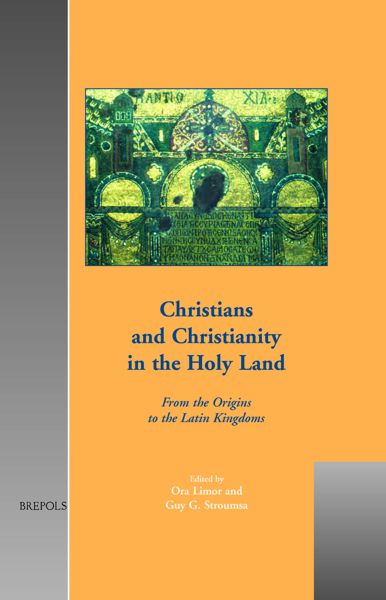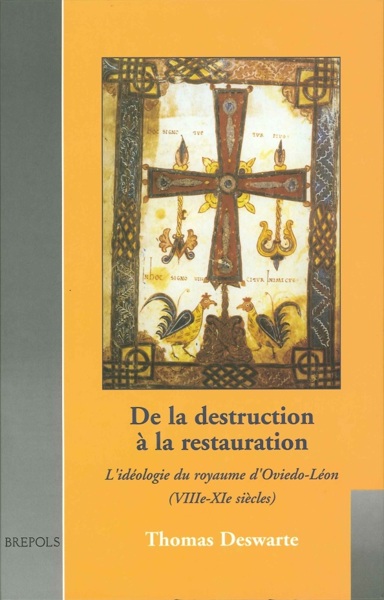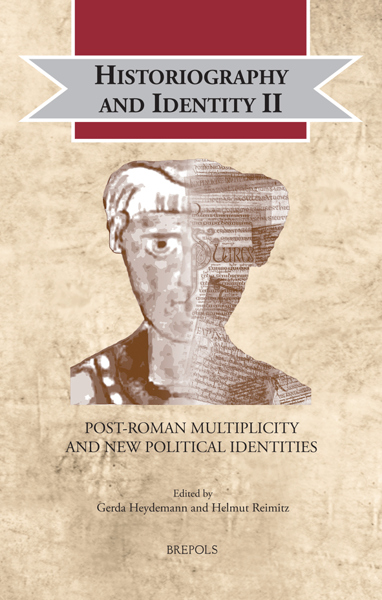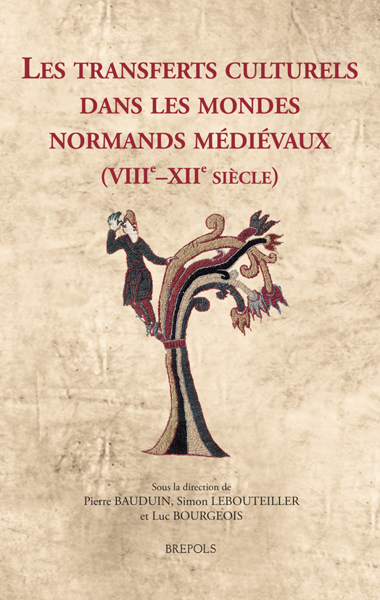
Historiography and Identity I: Ancient and Early Christian Narratives of Community
Walter Pohl, Veronika Wieser (eds)
- Pages: vi + 322 p.
- Size:156 x 234 mm
- Language(s):English
- Publication Year:2019
- € 100,00 EXCL. VAT RETAIL PRICE
- ISBN: 978-2-503-58157-6
- Hardback
- Available
- ISBN: 978-2-503-58158-3
- E-book
- Available
Examines the many ways historiographical works shaped identities in ancient and medieval societies, providing a basis for understanding the successive developments in Western historiography.
Note: the full text of this volume is now available in Open Access at: https://www.brepolsonline.net/action/showBook?doi=10.1484/M.CELAMA-EB.5.116056.
“It is to be hoped that this series will ultimately fulfil that promise, and this first volume makes a solid start towards such an end.” (Erica Steiner, in Parergon, 38/2, 2021, p. 251)
“All of the papers are in English and production values are exceptionally high throughout. For those readers who have looked at the proliferation of recent work on texts and identities in the early medieval world and have wondered where to start, these books may provide a solution.” (ANDY MERRILLS, in Medieval Archaeology, 65/2, 2021, p. 430)
Walter Pohl is Professor of Medieval History at the University of Vienna and Director of the Institute for Medieval Research at the Austrian Academy of Sciences.
Veronika Wieser works as a Postdoctoral Researcher at the Institute for Medieval Research at the Austrian Academy of Sciences and as Lecturer for Medieval History at the University of Vienna.
The six-volume sub-series Historiography and Identity unites a wide variety of case studies from Antiquity to the Late Middle Ages, from the Latin West to the emerging polities in Northern and Eastern Europe, and also incorporates a Eurasian perspective which includes the Islamic World and China. The series aims to develop a critical methodology that harnesses the potential of identity studies to enhance our understanding of the construction and impact of historiography.
This first volume in the Historiography and Identity sub-series examines the many ways in which historiographical works shaped identities in ancient and medieval societies by focusing on the historians of ancient Greece and the late Roman Empire. It presents in-depth studies about how history writing could create a sense of community, thereby shedding light on the links between authorial strategies, processes of identification, and cultural memory. The contributions explore the importance of regional, ethnic, cultural, and imperial identities to the process of history writing, embedding the works in the changing political landscape.
Preface – WALTER POHL and VERONIKA WIESER
Historiography and Identity - Methodological Perspectives – WALTER POHL
Historiography and Community:Some Thoughts on the Greco-Roman Heritage – NINO LURAGHI
On the Difficulties of Tracing a Religious Identity in the Early Middle Ages: Some Methodological Remarks and a Case Study on Gregory of Tours’s Perception and Assessment of Other Religions – HANS-WERNER GOETZ
Intentional History and the Social Context of Remembrance in Ancient Greece – HANS-JOACHIM GEHRKE
Memory and Community in Early Hellenistic Athens – NINO LURAGHI
Greek Local History and the Shape of the Past – DANIEL TOBER
Love Stories: The Paradoxes of Pleasure in Roman Historiography – ANDREW FELDHERR
Lists, Originality, and Christian Time: Eusebius’ Historiography of Succession – SCOTT JOHNSON
Polemic in Translation: Jerome’s Fashioning of History in the Chronicle – MADELINE MCMAHON
Reading the Past into the Present: Constructing Community and Identity in the Chronicle of Sulpicius Severus – VERONIKA WIESER
The Many and the One. Communities and Ecclesiastical Histories in the Age of Theodosius II – PETER VAN NUFFELEN
Index
